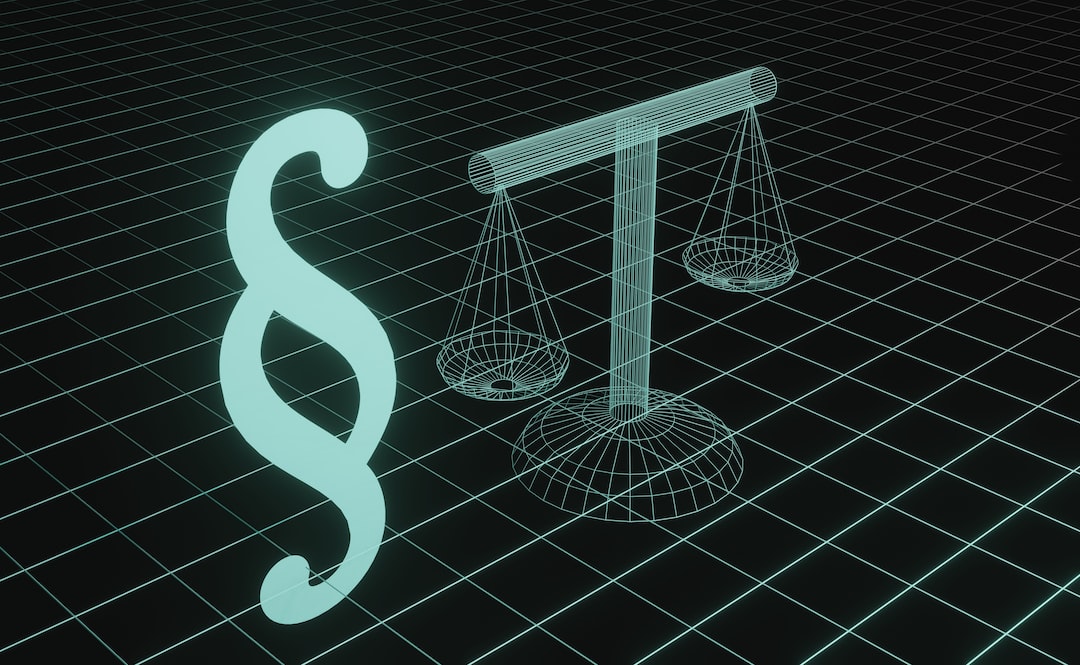A home energy audit is a comprehensive assessment of the energy efficiency of your home. It involves identifying areas of your home where energy is being wasted, as well as areas where energy efficiency could be improved, to reduce your home’s energy consumption and save money.
Here are some tips to help you conduct a home energy audit:
1. Check for Air Leaks
Air leaks can greatly impact the energy efficiency of your home. They can lead to drafts and energy loss. To find air leaks, you can light a candle and hold it up to windows, doors, and other areas where there is potential for air leaks. If the flame flickers, you’ve found a leak.
2. Check Insulation
Insulation plays a critical role in maintaining your home’s energy efficiency. You can check your insulation by visiting the attic and looking for signs of insulation that may need to be added or replaced, such as gaps or improperly installed insulation. You can also check the insulation on heating and cooling ducts throughout your home.
3. Check Appliances
Many appliances, such as your refrigerator or air conditioning unit, consume a significant amount of energy. You can check the efficiency of these appliances by reviewing their Energy Star ratings. The higher the Energy Star rating, the more energy efficient the appliance.
4. Check Lighting
Lighting can also have a significant impact on your home’s energy consumption. You can reduce energy consumption by changing to LED lighting. LED bulbs use less energy than traditional incandescent bulbs, and they last longer.
5. Check Doors and Windows
Doors and windows are common areas where air leaks occur. Be sure to check for gaps around all doors and windows. You can also check the quality of the weatherstripping around doors and windows. If the weatherstripping is worn or damaged, it may need to be replaced.
6. Check Water Heater
Your water heater can also impact your home’s energy efficiency. You can check your water heater by reviewing its Energy Factor rating. The higher the Energy Factor rating, the more energy efficient the water heater.
7. Consider a Home Energy Audit Professional
If you’re not comfortable conducting an energy audit yourself, or you think your home may have significant energy efficiency issues, consider hiring a professional. A professional home energy auditor will conduct a comprehensive assessment of your home, identify areas where energy is being wasted, and offer recommendations to improve your home’s energy efficiency.
By following these tips, you can conduct a comprehensive home energy audit and identify areas where your home can be made more energy efficient. Conducting an energy audit is the first step to reducing your home’s energy consumption and saving money on your energy bills.
